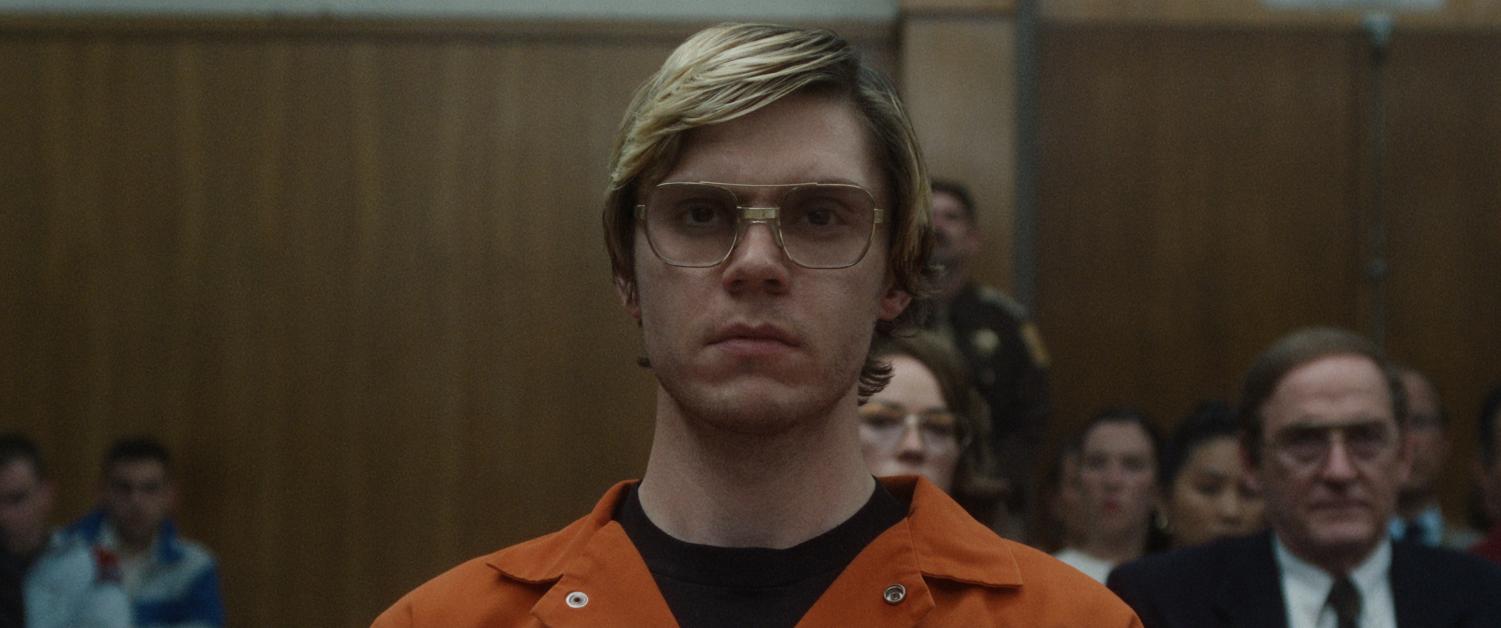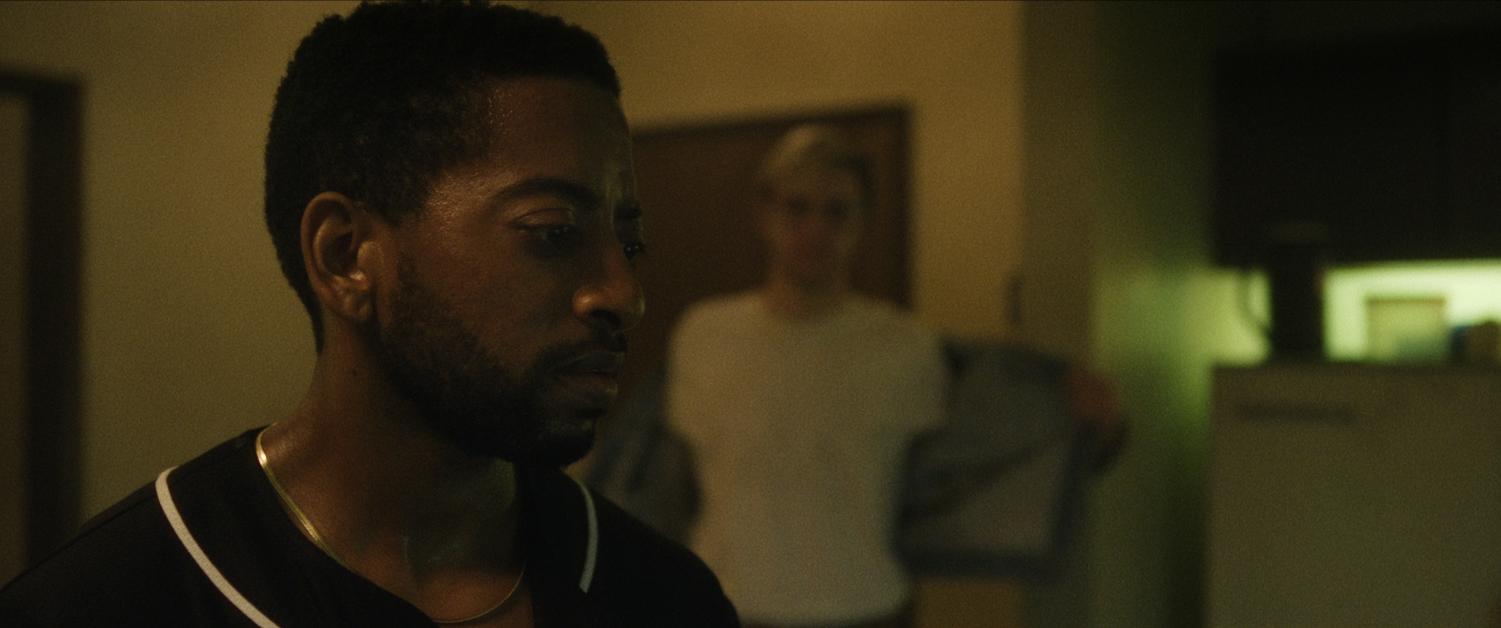Depicting a “Monster”
Netflix series focused on Jeffery Dhamer draws in impressive numbers upon release, controversy quickly arises
October 14, 2022
There are times when a television show or movie falls flat or does not capture an audience’s attention, at least not in a positive way. It can have many different variables holding it down from success. Whether those aspects are controversies, bad reviews or uncomfortable subject matter, it can be hard for a piece of entertainment to be completely successful when any of these things are attached to it. So, when a new TV show comes out that has all these things and more weighing it down, it can be nearly impossible for it to avoid backlash.
“Dahmer – Monster: The Jeffrey Dahmer Story,” a limited series that premiered on Netflix on Sept. 21, 2022, has had great viewership success, reaching No.1 on Netflix within the first week of its release, but has also faced a less successful run critically. Many have called the show gratuitous and in bad taste. These two aspects of viewership and criticism contradict one another, which makes the show seem to land somewhere on the scale between good and bad.
Despite some of the negative reviews of the show, it is incredibly well acted. The most impressive performance was given by actor Evan Peters, who portrayed the titular serial killer and the main focus of the series, Jeffery Dahmer. The performance Peters gives is incredibly convincing to the point that it becomes hard to remember that the show is simply a performance and that the man on screen is not really Dahmer. Peters’ haunting portrayal of Dahmer perfectly ranges from extremely subtle acts as he interacts with others and hides his dark secrets to that of an out-of-control psychopath.

Aside from just the acting, many details make the series a step above the traditional biopic or horror film. The series is very well produced on a technical level. The music choices and cinematography all work well for the series and help instill the dark and sinister tone of the show.
The attention to detail for aspects like the hair and makeup of all characters, especially that of Dahmer, and the intricate set designs, presented an intimate look into the possible truth of what may have happened to all the real victims of Dahmer. Places like Dahmer’s apartment and his childhood home are painstakingly accurate and authentic that it is again difficult to remember that one is not watching a documentary with live footage.
Despite the outstanding aspects of the television show and the sheer amount of things that can be appreciated on a cinematic and technical level, the show is not impervious to intense backlash and criticism. Following the show’s debut, it has been involved in major controversy due to an apparent lack of care or sympathy for those affected by the real-life crimes of Dahmer.
It is difficult to make a show about Jeffery Dahmer that depicts such accurate images of murder. What Dahmer did was so horrific that any product that illustrates his actions and is distributed to a large-scale audience could be described as gratuitous.
Due to the insensitivity and disturbingly accurate representation of anything that Dahmer did to his victims on screen, it became extremely hard to watch, not just because of the actions alone, but because it was impossible to forget that the people being shown were not just faceless victims in a slasher movie but real people who were killed.
There is also a heated debate as to whether or not showing the victims and actions of Jeffrey Dahmer in a large-scale television show is not only disrespectful to the victims and their families but also whether or not doing so in this manner is considered capitalizing on or profiting off of their loss. While this may not have been the intention of anyone involved in the production of the show, there is an argument to be made that making these shows and movies about the actions of Dahmer or any other serial killer benefits only those who are making money from making it.

This point becomes even more potent when the show itself attacks those who capitalized off of Dahmer’s actions by making books and comics about him immediately after his arrest, an irony to which this show seems to be blind.
However, there is no definitive proof that there is any malice intended by anyone making the show, and every effort is taken to remain respectful to the families of those whom Dahmer killed. The majority of Dahmer’s acts are off screen, with only one murder being depicted completely on screen.
Dahmer’s victims are not treated as just random people either, with the life of one of them, a man named Tony Hughes, being the focus of an entire episode, showing his life and family and demonstrating just what Dahmer took away from so many people. The intention of bringing justice to both the victims and their families was evident.
Even if it can be hard, or even impossible, to move past the fact that these murders are depicted at all, the motives of those who made the show seem to be pure enough. The show itself is hard to witness but well worth the watch to fully understand the type of horror that can plague the world at any given moment.


























































































